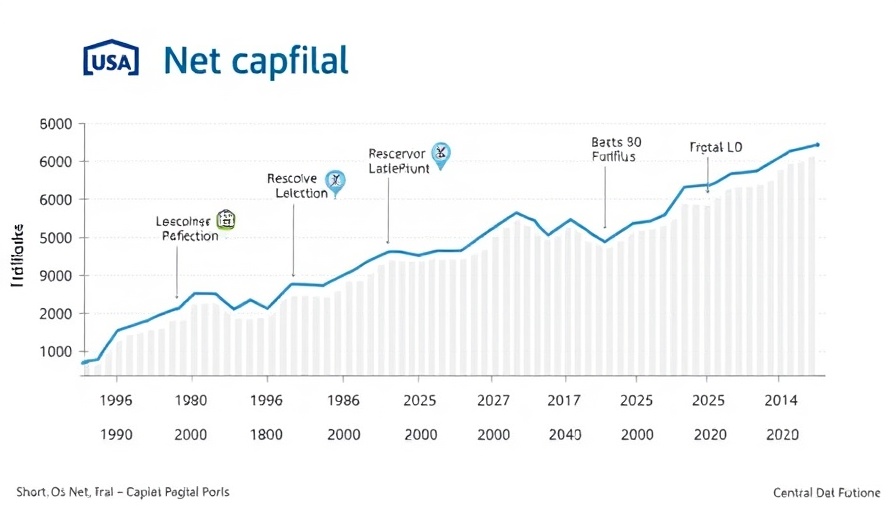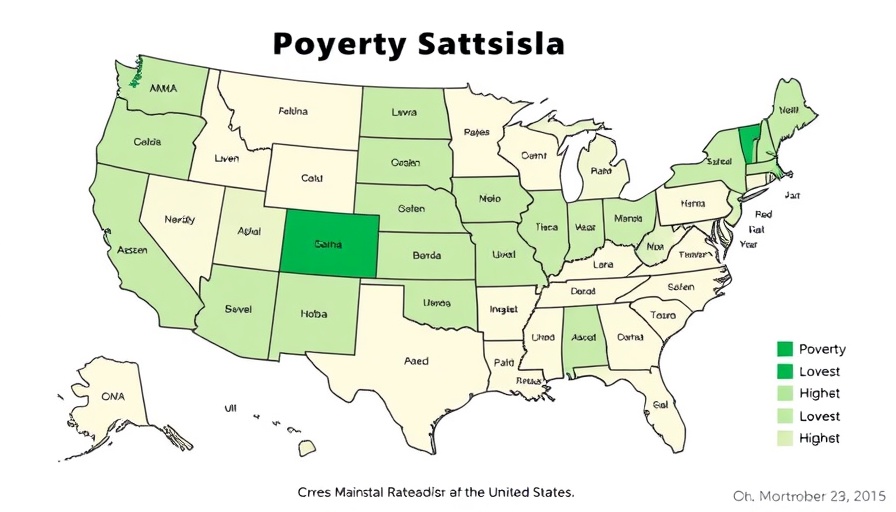
Revolutionizing Economic Thought: Understanding Modern Monetary Theory
Stephanie Kelton, a prominent figure in economics, has reshaped how we view fiscal policy and government spending. With her New York Times bestselling book, The Deficit Myth, she highlights critical facets of Modern Monetary Theory (MMT) that challenge conventional wisdom. A former chief economist for the U.S. Senate Budget Committee and adviser to Bernie Sanders, Kelton's perspectives are significant for top wage earners in Philadelphia who are increasingly engaged in understanding the implications of government fiscal strategies on their finances.
Breaking Down the Deficit Myths
Kelton argues that deficits are often mischaracterized. Rather than viewing government deficits as universally detrimental, she encourages a perspective that understands them as necessary for economic growth. Particularly important is her assertion that deficits can stimulate the economy when they fund public services or infrastructure improvements that benefit society at large.
The Impact of Government Spending on Local Economies
For affluent Philadelphians, particularly those who may feel the impact of fiscal policies in their own investments and economic climate, Kelton’s arguments prompt a vital reconsideration of the relationship between public sector spending and private sector pressure. Rather than simply equating deficits with burdens that families must shoulder through taxes, understanding the nuanced role that government borrowing plays in stabilizing and stimulating the economy is essential.
Pivotal Changes in Fiscal Policy
Kelton’s insights are especially critical as the U.S. grapples with inflation and recession fears in the current economic climate. Analyzing recent fiscal initiatives in light of MMT, top wage earners can better appreciate how government action affects local job markets, the sustainability of public programs, and the overall health of the economy. Long-term, Kelton believes that a shift toward utilizing fiscal policy more aggressively could enhance economic resilience.
Learning from Global Perspectives
Comparative insights with countries like Japan, which successfully navigated high deficit situations without the expected fallout, highlight the potential for a paradigm shift in how the United States approaches economic policy. For local professionals, these examples serve as a reminder that economic models should adapt to realities of global interconnectedness rather than rigid adherence to antiquated theories.
Imagining the Future of U.S. Fiscal Policy
As the influence of MMT grows, there are significant implications for how the U.S. approaches fiscal policy in the coming years. The willingness to embrace a more flexible understanding of government spending could yield opportunities that favor public welfare, yet also raise questions about accountability and long-term economic management. Top wage earners who engage with Kelton's work can locate themselves at this critical intersection of policy and personal finance.
In conclusion, engaging deeply with the theories Kelton puts forth offers valuable insights for individuals seeking to understand how government actions shape economic landscapes. Understanding and discussing these theories can help Philadelphians actively participate in dialogues that promote fiscal health in ways that are equitable and progressive. Therefore, it's not just about monitoring the deficits but understanding their implications and the stories they tell about our economy.
 Add Row
Add Row  Add
Add 




Write A Comment